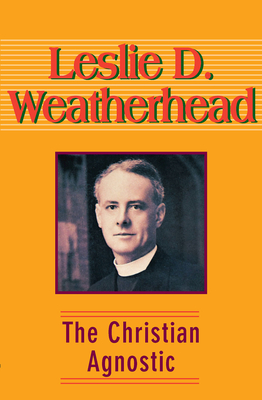
description
2WHAT IS "THEONOMY"?The position which has come to be labeled "theonomy" today holds that the word of the Lord is the sole, supreme, and unchallengeable standard for the actions and attitudes of all men in all areas of life. It also teaches that since the fall it has always been unlawful to use the law of God in hopes of establishing one's own personal merit and justification. Commitment to obedience is but the lifestyle of faith, a token of gratitude for God's redeeming grace. Jesus said, "if you love Me, you will keep My commandments" (John 14:15). Moreover, we will strive to teach others to observe whatever He has commanded us (Matt. 28:18-20). Such healthy and necessary moral standards are surely not burdensome to the believer who bows to Christ as the Lord (1 John 5:3).Theonomy views God's laws directing moral behavior to be a reflection of His unchanging character; such laws are not arbitrary, but objectively, universally, and absolutely binding. It is God's law that "you are to be holy because I am holy" (1 Peter 1:16, citing Leviticus). The law may not be criticized or challenged by us. It is "holy, righteous and good" (Rom. 7:12). This moral law was revealed to Israel in oracles and ordinances, but even the Gentiles show the work of the law upon their hearts and know its ordinances from the natural order and inward conscience (Rom. 1:32; 2:14-15). Who, then, is under the authority of God's law? Paul answers "all the world" (Rom. 3:19).The law revealed by Moses and subsequent Old Testament authors was given within a covenantal administration of God's grace which included not only moral instruction, but gloriously and mercifully "promises, prophecies, sacrifices, circumcision, the paschal lamb, and other types and ordinances delivered to the people of the Jews, all foresignifying Christ to come" (Westminster Confession of Faith VII.5). God's revelation itself teaches us that New Covenant believers, who have the law powerfully written on their hearts, no longer follow the foreshadows and administrative details of the old covenant. They are obsolete (Heb. 8:13), having been imposed only until the time when the Messiah would come (Heb. 9:10; Col. 2:17). Theonomy teaches, then, that in regard to the Old Testament law, the New Covenant surpasses the Old Covenant in glory, power, and finality.Theonomy also teaches that civil rulers are morally obligated to enforce those laws of Christ, found throughout the Scriptures, which are addressed to magistrates (as well as to refrain from coercion in areas where God has not prescribed their intervention). As Paul wrote in Romans 13:1-10, magistrates-even the secular rulers of Rome-are obligated to conduct their offices as "ministers of God," avenging God's wrath against criminal evil-doers. They will give an account on the Final Day of their service before the King of kings, their Creator and Judge.
member goods
No member items were found under this heading.
Return Policy
All sales are final
Shipping
No special shipping considerations available.
Shipping fees determined at checkout.







